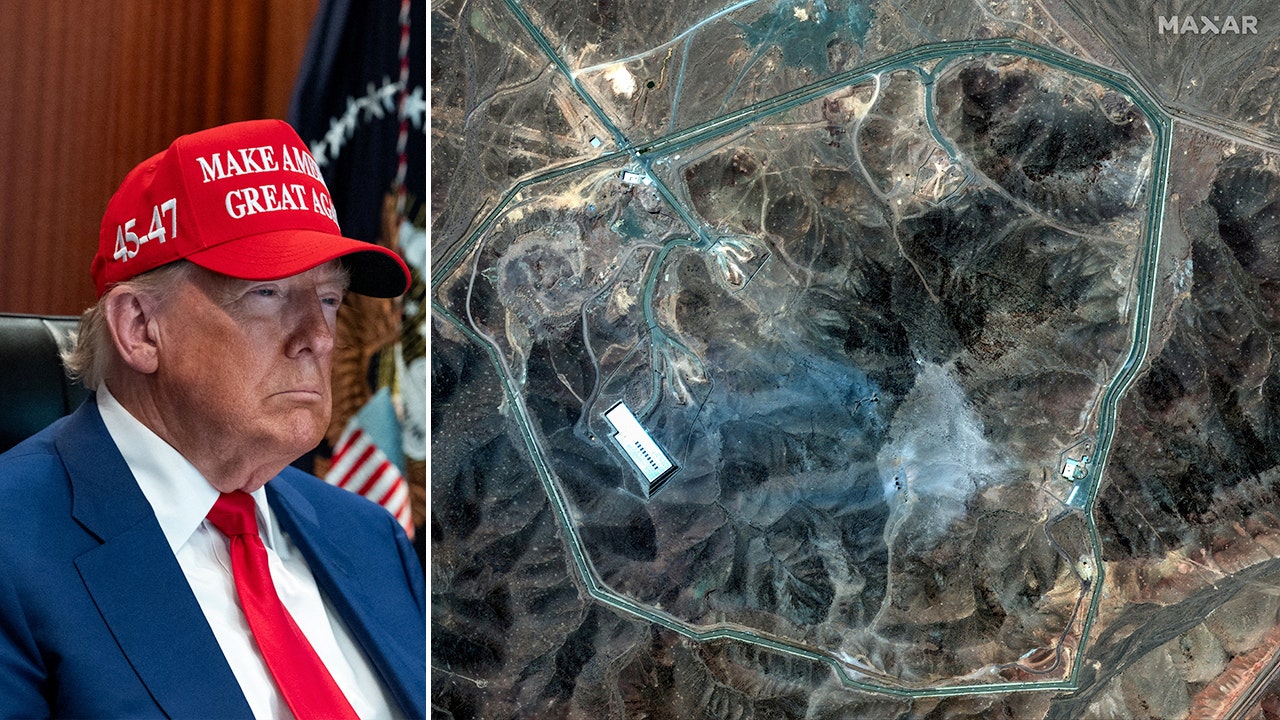Poll shows Americans divided on US strikes against Iran’s nuclear sites

The recent military strikes carried out by the U.S. in collaboration with Israel against Iran’s nuclear sites have once again highlighted the deep partisan divide in the country, according to a new Quinnipiac University poll released on Wednesday.
The poll, conducted between June 22-24, revealed that 42% of voters support the U.S. strikes on Iran, while 51% oppose them. Unsurprisingly, the results were split along party lines, with 81% of Republicans supporting the strikes compared to 75% of Democrats opposing them. Independents were also divided, with 60% opposing the strikes and 35% supporting them.
In response to the poll results, congressional Democrats criticized President Donald Trump for what they deemed as an unconstitutional act of ordering attacks on Iran’s nuclear sites. On the other hand, most Republican lawmakers praised Trump’s bold move to prevent Iran from obtaining nuclear capability.
The poll also found that half of voters believe that the strikes would make Americans less safe, while 42% said they would make Americans safer. Democrats were more likely to believe that the strikes would make Americans less safe, while Republicans were more inclined to think that they would make Americans safer.
Concerns about the U.S. getting dragged into a war with Iran were high, with nearly 8 in 10 voters expressing some level of concern. The possibility of the U.S. being drawn into a direct conflict with Iran was a major worry for many Americans.
Additionally, the poll revealed that 42% of voters think the U.S. is too supportive of Israel, while 45% believe that the level of support is just right. Support for Israel’s military strikes against Iran’s nuclear and military sites was also divided along party lines, with 80% of Republicans in favor and 60% of Democrats opposed.
Overall, the Quinnipiac University poll highlighted the deep divisions within the country over the U.S.’s involvement in the Israel-Iran conflict. The results underscored the growing concerns among Americans about the possibility of being drawn into a direct war with Iran.
The poll included 979 self-identified registered voters nationwide and had a margin of error of plus or minus 3.1 percentage points. The findings come in the wake of a series of coordinated attacks between Israel and Iran, which escalated into retaliatory strikes and counterattacks before a ceasefire was eventually announced.
In conclusion, the poll results reflect the complex and nuanced views of American voters on the recent military strikes against Iran’s nuclear sites. The deep partisan divide on the issue underscores the challenges facing the country in navigating its foreign policy decisions in the volatile Middle East region.




